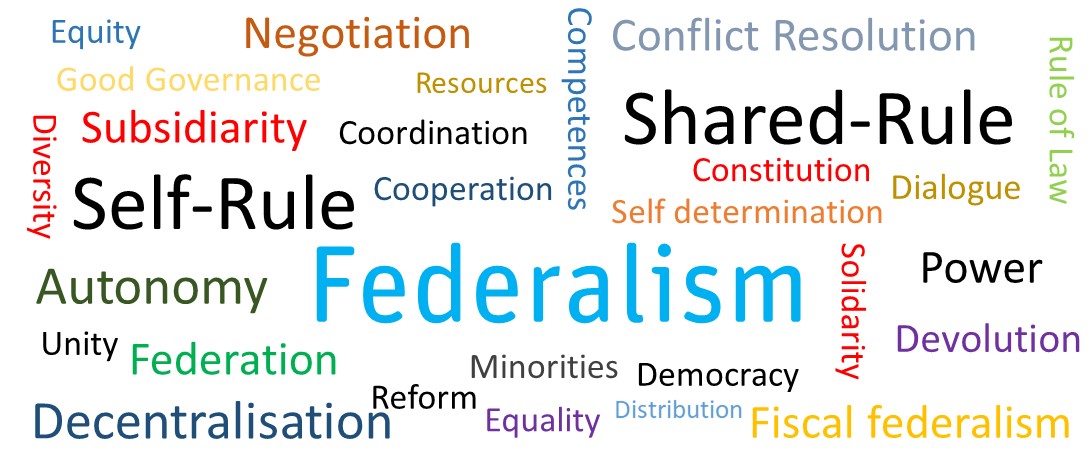Abstract
Consociational power-sharing requires representation of politically relevant groups’ in halls of government to stop violence and place checks on the rule by a single group. But regardless of the admirable aspiration for inclusive government and politics, who is to be represented and whose participation counts is based exclusively on all-around identities (such as ethnicity, denomination), leaving the interests of non-dominant groups’ open for co-optation into ethnic blocs of those guaranteed the right to veto political dynamics. Mandated cooperation between elites of only selected groups challenges equitable representation of all segments of the electorate in equal measure to undermining consociations’ ability to respond to concerns of the general public. More often than not, non-dominant, minority groups in consociations are accommodated only pro forma as the elites of dominant groups are expected to cooperate regardless of the input from elites of minorities, who at will can be co-opted by the dominant groups to attain their own particular ends. The representation of the interests of members of the non-dominant, minority, and ‘other’ groups thus follows from, rather than accompanies, the consolidation of dominant groups’ political identities in the otherwise shared power-sharing polity.



